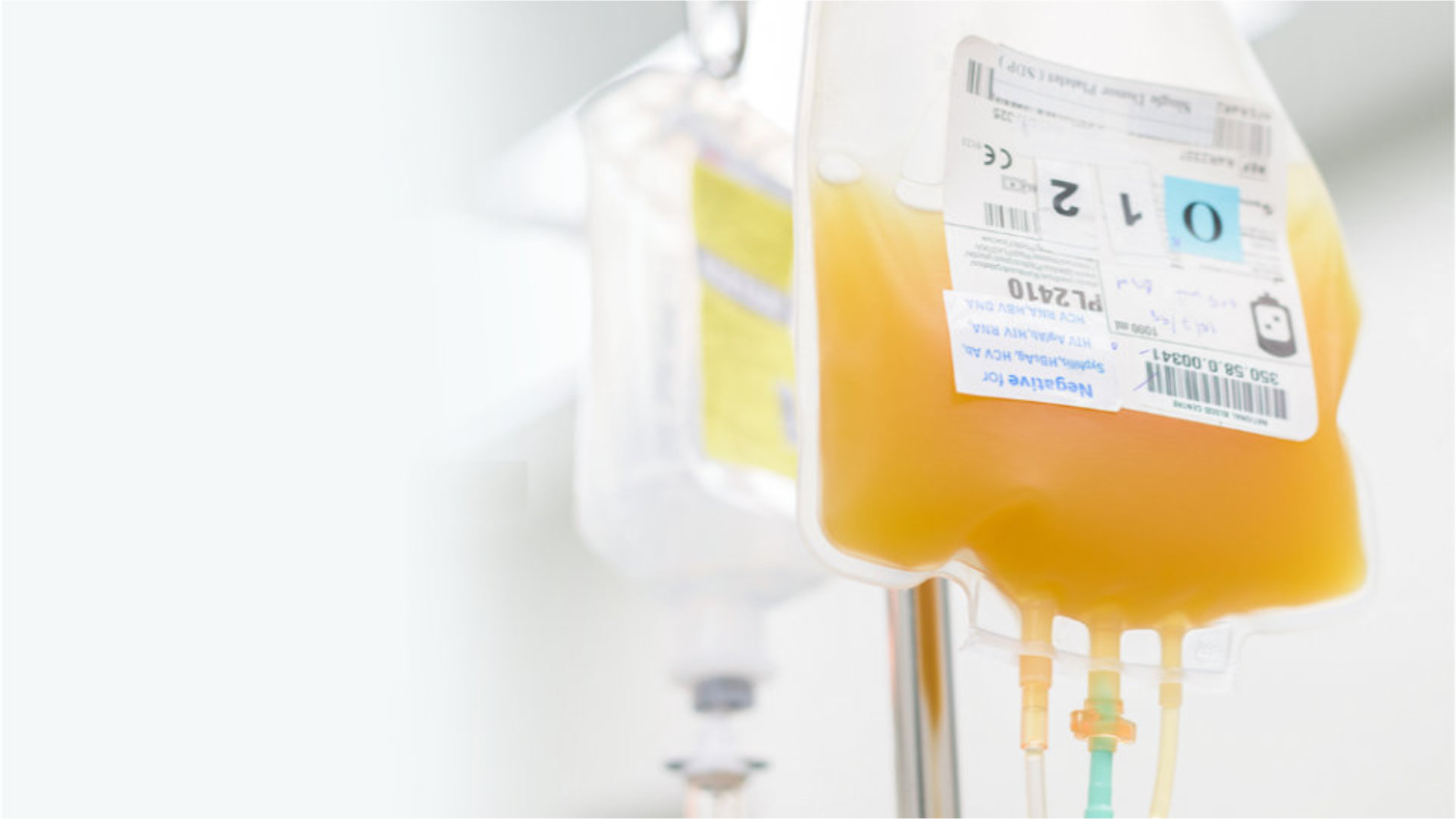Platelets are the blood cells responsible for coagulation, and their quantity or quality can be reduced by certain cancers, diseases or heart surgery. Transfusions are often necessary, but platelets cannot be stored for more than a week, and shortages are frequent. HemostOD, an EPFL start-up supported by Alliance in obtaining an Innosuisse grant, has developed an innovative solution for producing platelets ex vivo, enabling large quantities to be generated in a short space of time.
Today, patients can only rely on donated blood. These vital transfusions face recurring problems of shortage, and present a risk of life-threatening complications for multi-transfused patients. The problem is likely to intensify over the next few years as the population ages and blood cancers increase.
Inspired by the mechanisms of platelet generation in bone marrow, HemostOD has developed an innovative solution for producing platelets ex vivo. Their process enables large quantities of platelets to be generated in a short space of time, providing an effective alternative to blood donor platelet transfusions. This new source of platelets, manufactured on demand, could relieve blood banks and hospitals and provide reliable access to platelets. Beyond transfusions, standardized, manufacturable platelets also pave the way for new treatment possibilities.
The start-up submitted its Innosuisse project, with the help of Alliance, to demonstrate the possibility of large-scale platelet production, before moving on to clinical trials. The project was accepted in May 2021 and will run with CHUV, UNIL and UNIGE for two years. HemostOD hopes to then carry out the first transfusion tests in humans before a market launch.

